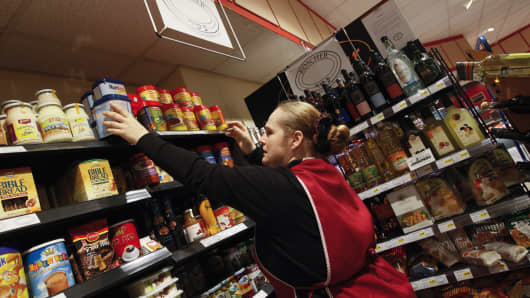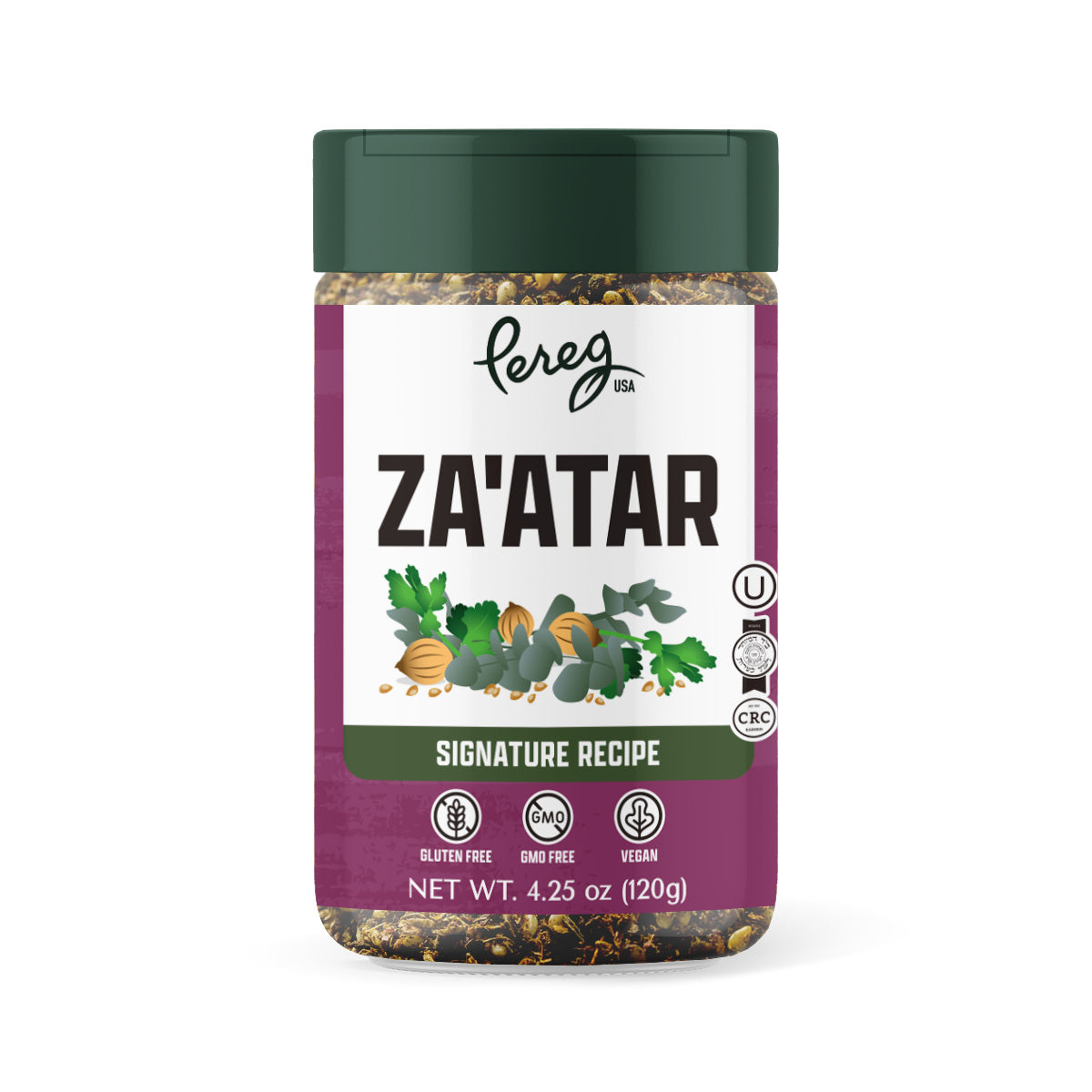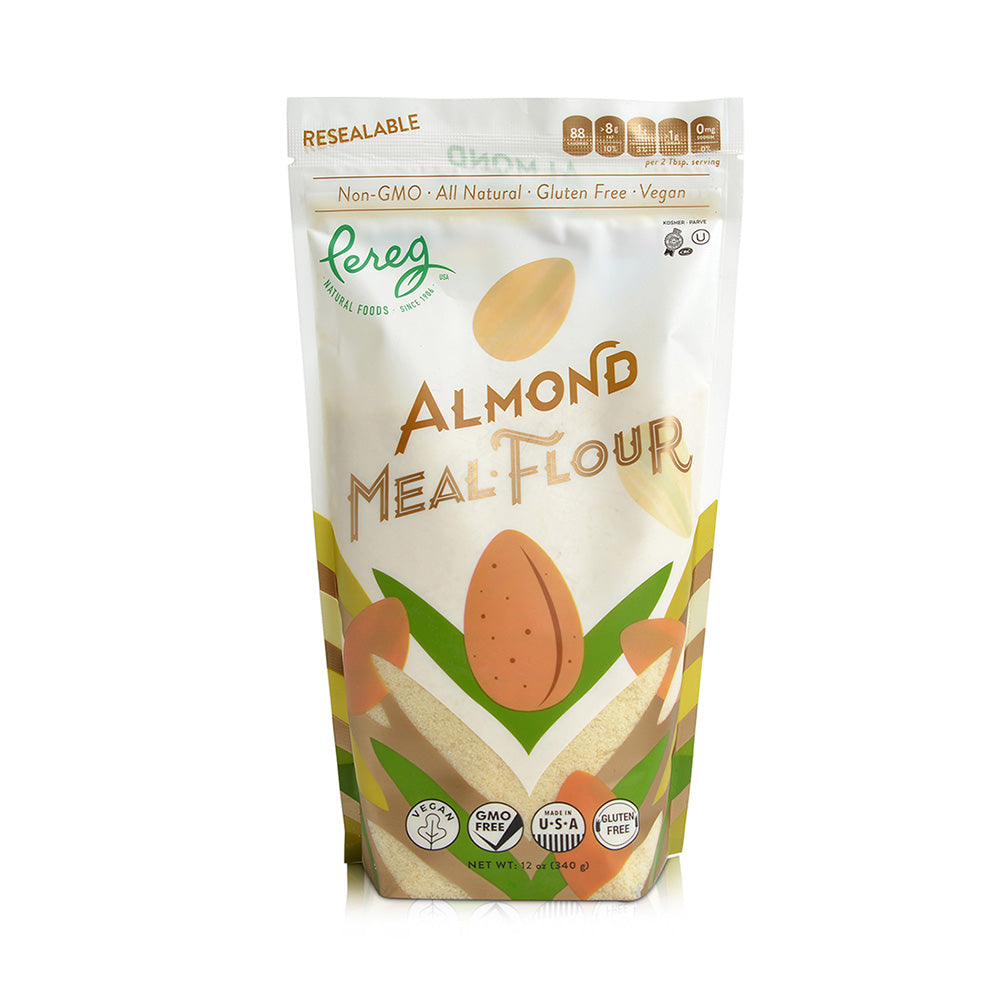Kosher Food Modernizes for Passover

As millions of Jews sit down to traditional beef brisket and potatoes Monday, Shirlee Franco is giving her Passover seder a gourmet twist.
Serving a menu that includes Chilean sea bass steamed in fresh crushed garlic and white wine, the home chef from Silver Spring, Md., is part of the new wave of Passover celebrants melding tradition with modern tastes -- and the Kosher food industry is stepping up to help.
Spending for eight days of Passover accounts for $1.3 billion of the $12-billion kosher foods market, says data-tracker Lubicom Marketing Consulting. In 2012, there were more than 23,000 Passover food items. This year, that list has grown to more than 53,000.
More from USA Today:
White House photo reveals inside view of Mar-a-Lago situation room
5 tips on how to handle store liquidation sales
Tomi Lahren's suing TheBlaze, partly over her Facebook page
Some Passover staples have been given a gourmet makeover, like the macaroon. A brand called Rebecca & Rose has introduced a sea salt-drizzled chocolate version and Manischewitz, one of the best-known names in kosher foods, has a version using premium dark chocolate made from Ivory Coast beans.
Then there are the more unconventional products. Sensing a change in the market, the industry is rolling out eclectic offerings designed to lure kosher foodies, transforming Passover from biblical to Bourdain. New twists include:
•Baby quinoa.
•Gnocchi. The Italian potato-based dish is being served up by Gefen, a brand owned by
•Crostinis. Another popular kosher brand,
•Wine. Instead of the syrupy, sweet wine often associated with Passover, there are kosher wines like
•S'mores. Not exactly gourmet, but the kids' dessert favorite is now available in kosher form from Manischewitz, which introduced a matzah s'mores kit. There's also matzah for pizza.
With s'mores having become a mainstream product, Manischewitz figured, "'Why not bring this to the Passover holiday? Why not have some fun with matzah?,'" says Manischewitz CEO David Sugarman.
He says the change in Passover foods began with gluten-free and organic items. In the past decade, "we're moving into more value-added and creative products, products more for Jewish foodies," Sugarman said.
They understand food trends and shop at upscale supermarkets like Whole Foods Markets, said Mordy Herzog, CEO of
The challenge is to be "more creative about what you do to it without jeopardizing the rules," he said. "The goal is to make products for Passover that doesn't taste like cardboard."
They're people like Franco, whose seder table will also include turkey meatballs with a sweet cherry and tamarind sauce followed by mango sorbet. Franco bought items like MSG-less consommé mix, gluten-free baking
"As our kids have grown, we're eating more healthy foods. We've seen a healthier line of products," she said. "There are definitely more choices and opportunities out there."


